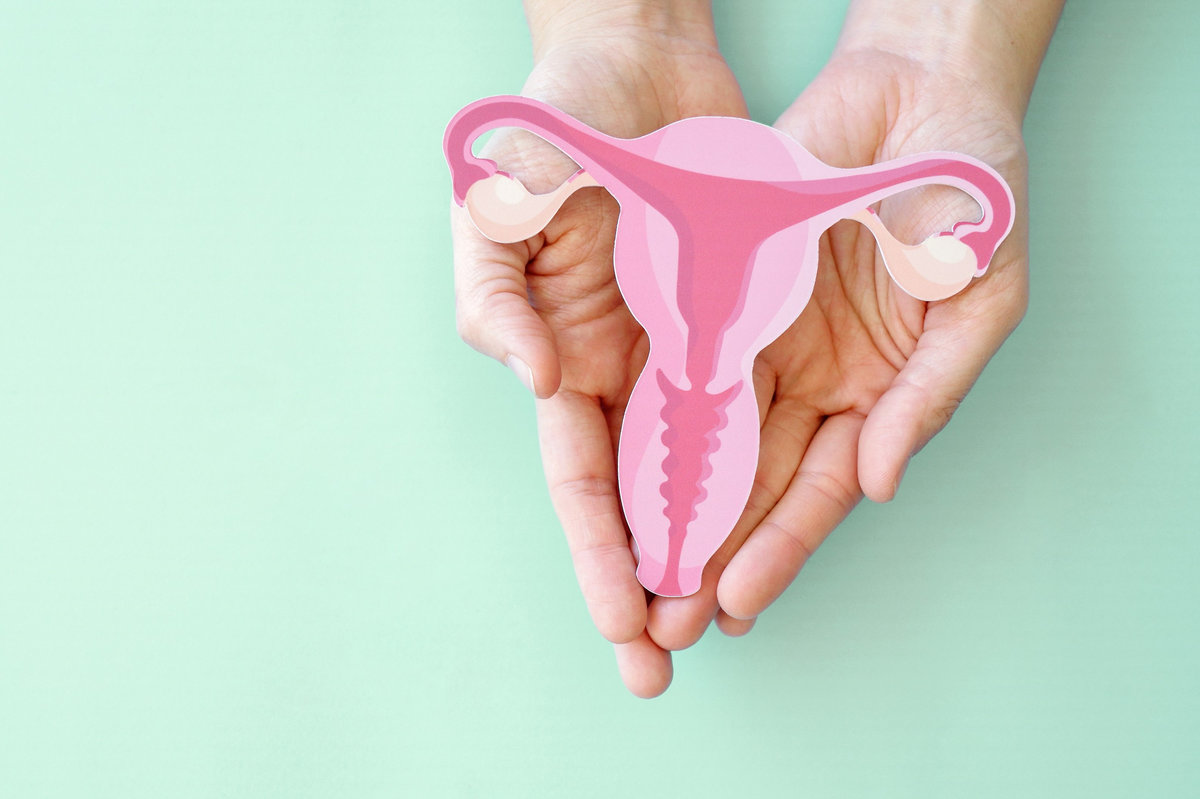Current female contraceptive options
Female contraception includes a wide range of methods to suit different preferences, health concerns and lifestyles. Hormonal methods, such as oral contraceptive pills, patches, and vaginal rings, have long been a popular choice. These birth control methods often contain a combination of estrogen and progestin, altering hormonal patterns to prevent ovulation and inhibit sperm motility. In addition, intrauterine devices (IUDs) offer a long-term, reversible option, with both hormonal and non-hormonal versions available.
Barrier methods, including condoms, diaphragms, and cervical caps, provide a physical barrier to prevent sperm from reaching the egg. They are effective, but their success depends on consistent and correct use. These risks also apply to other non-hormonal methods including fertility awareness techniques and lactational amenorrhea methods, which take advantage of natural cycles or breastfeeding patterns, respectively.
Despite the variety of options available, challenges remain in ensuring widespread access and overcoming cultural, economic and health care barriers. Limited choices, insufficient access for certain population groups, fear of side-effects, cultural and religious opposition, and gender-based barriers hinder optimal use of existing contraceptive methods.
Problems with current female contraceptions
While current female contraceptive methods have contributed significantly to reproductive autonomy, they are not without drawbacks. Hormonal contraceptives, such as oral pills, can cause side effects such as acne, bloating, nausea, headaches, mood swings and/or weight gain. Problems such as breakthrough bleeding and amenorrhea (absence of menstruation) can occur during the adjustment period when starting hormonal contraception, which can affect user satisfaction.
In addition, the risk of developing blood clots increases with the use of hormonal contraceptives, which is especially a concern for women with pre-existing medical conditions. The risk of cervical cancer may also be slightly increased, requiring regular Papanicolaou (Pap) tests for those using oral contraceptives for more than five years.
While effective, barrier methods rely heavily on user compliance, and their success depends on consistent and correct use. This is a challenge, particularly for people with different lifestyles and preferences. In addition, some non-hormonal methods, such as fertility awareness, require an in-depth understanding of the menstrual cycle, making them less user-friendly.
Future trends and emerging options in female contraception
Driven by an increasing interest in non-hormonal and less invasive contraceptive methods, the landscape is evolving as researchers explore innovative options to address the limitations of current practices. Here are some emerging trends and future possibilities in contraception:
Innovation n°1: male contraceptives
Advances in hormonal and non-hormonal reversible oligospermia methods for men offer a potential shift in shared responsibility for contraception.
Products such as nestorone + testosterone (NES/T) combination gel and dimethandrolone undecanoate (DMAU) are promising alternatives, having shown efficacy with minimal side effects in clinical trials with a Phase IIB trial on NES/T currently ongoing and set to conclude in middle of 2024.
Read more : 4 new male contraceptions focused on reversibility and efficacy
Innovation n°2: non-hormonal molecular targeted contraceptives
Innovative non-hormonal contraceptives focus on molecular tar gets that minimize systemic side effects. For example, soluble adenylyl cyclase (sAC) inhibitors show promise in inhibiting sperm motility with reversible effects in recent proof-of-concept studies.
Innovation n°3: innovative non-hormonal contraceptives for women
Ovaprene®, a hormone-free monthly contraceptive intravaginal ring developed by Daré Bioscience, offers a unique approach by preventing sperm progression into the cervical canal. Early studies have indicated the safety and efficacy of Ovaprene®, and recruitment for Phase 3 clinical trials began in December 2023.
Innovation n°4: immunocontraception
Advances in immunocontraception involve the use of monoclonal antibodies that target specific sperm surface epitopes. These antibodies immobilize sperm and are being explored as potential components of multipurpose prevention technologies (MPTs).
Innovation n°5: multipurpose Prevention Technologies (MPTs)
Combined contraception and protection against sexually transmitted infections (STIs) is a growing focus.
Long-acting implants that release antiretroviral drugs alongside contraceptive hormones, such as Levonorgestrel, represent a versatile approach to reproductive health and are currently under development with first promising results in proof-of concept studies.
Innovation n°6: digital contraception
Using period-tracker data, the application can indicate high or low pregnancy risk days based on a dynamic optimal timing (DOT) algorithm.
The Berlin-based fem-tech company Clue received FDA approval for their digital contraception addition to their period tracker app in 2021.
The landscape of female contraception is currently undergoing dynamic changes, driven by a commitment to improve options, accessibility, and effectiveness. The emergence of innovative birth control solutions, such as male contraceptives, non-hormonal options, and multipurpose prevention technologies, offers hope for a future where reproductive health is more personalized and inclusive. These developments highlight the significance of ongoing research and collaboration to offer women a variety of contraceptive options that cater to their individual needs and preferences, ultimately enabling them to take charge of their reproductive journey. Alcimed can assist you with your projects related to women’s health. Please do not hesitate to contact our team!
About the author,
Lisa, Consultant in the Alcimed’s Life Sciences team in Germany.



